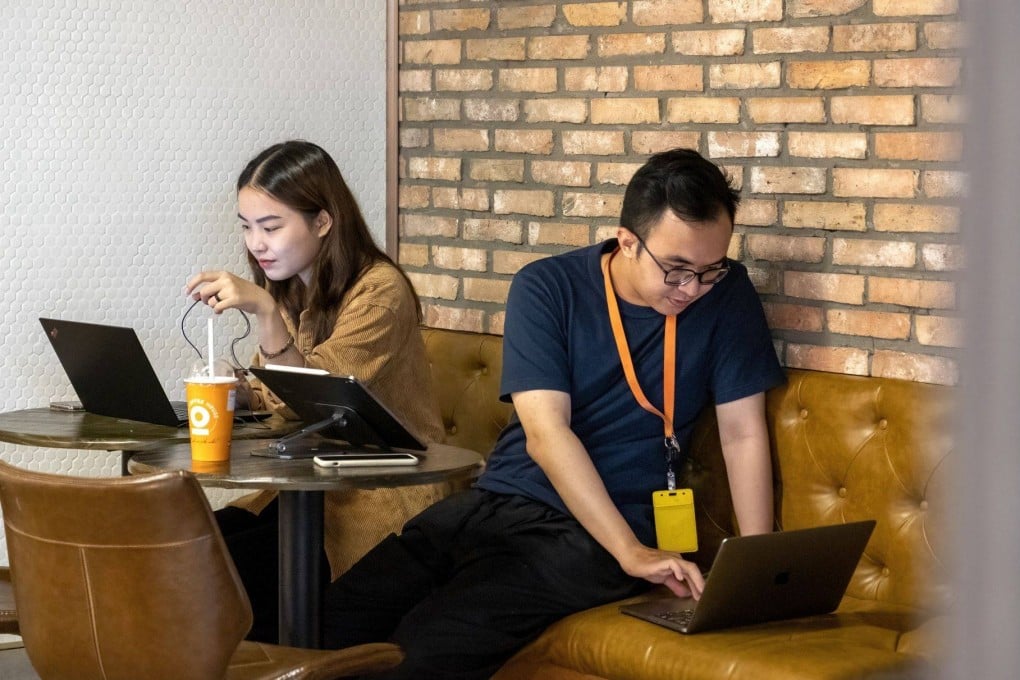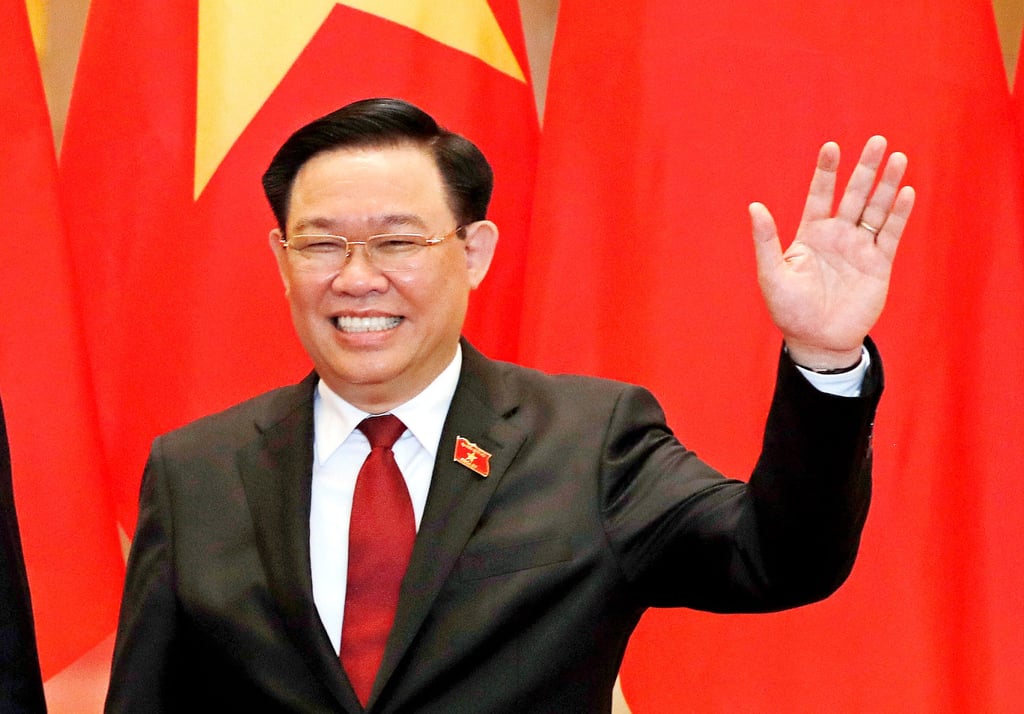Asian Angle | Vietnam retools its propaganda strategy for the social media age
- Vietnam’s attempts to change its social media approach are complicated by tight controls and the public’s low trust in government messages

However, control alone has proved unable to win over the public. During the Covid-19 pandemic, several “media crises with serious social consequences” occurred, such as a mass exodus of migrant workers from Ho Chi Minh City in September 2021 in defiance of the lockdown. This prompted the Communist Party of Vietnam (CPV) to conclude that in some areas, government communications were “not convincing enough” and “must change from the [old way of] one-sided propaganda to multidimensional interaction”.
The new concept was formally crystallised in a book published in September by Nguyen Van Thanh, a three-star police general and senior Communist ideologue, on safeguarding “state information security” by reaching out to the public. This was a sign that the conservative faction in the CPV had finally accepted the new way of “managing media crises”.
In February, the CPV announced a plan to leverage the power of social media for a new method of policy communication. Designed to seize the initiative from private social media influencers, Directive 7 of the Prime Minister’s Office prompted all government agencies to do three things. First, strengthening public communications on digital platforms by promoting official news while using digital technology to monitor and assess media trends for early identification of public relations crises, which need reactions from the state. Second, combating fake news, toxic news and opinions against the CPV and the state. Third, establishing professionally trained teams for the delivery of “positive news” and correct information to the public and manage media crises in cyberspace.

In March, the then-chairman of parliament Vuong Dinh Hue publicly admired “private live-streaming shows on TikTok and YouTube, with hundreds of thousands of viewers each time” and urged the government to organise similar media events for legal debates. In June, Minister of Information and Communications Nguyen Manh Hung promised to help the new operation with “capacity building and technical training”, so the interactive sessions with the participation of policy experts and influencers could attract a mass audience. Extra funding was planned for this recruitment.
The implementation of this new plan is, however, hindered by very tight media control, the plan’s lack of compatibility with social media, and the public’s low trust in the government’s messages.
